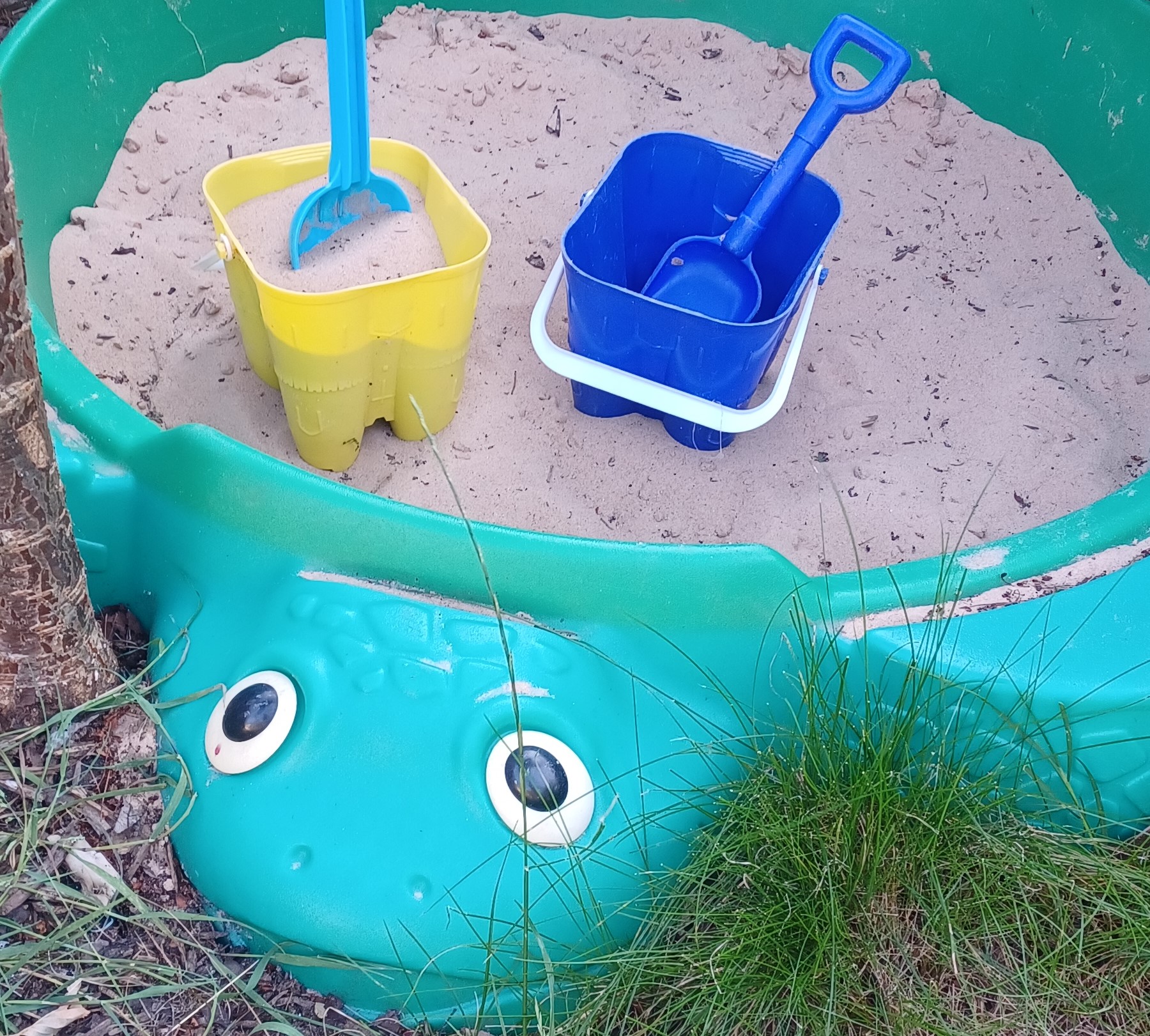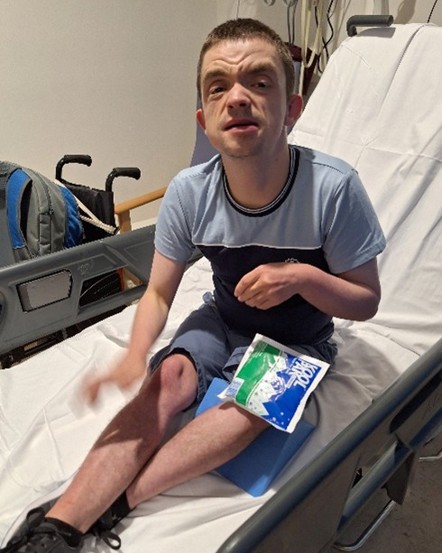How we survive the holidays – 5 top tips

Sharon F
I'm Sharon, I have a daughter with epilepsy and a severe learning disability. I blog about our livewire life.

School holidays for families with a disabled child can often be anything but a break. I remember the huge shock I had when it came to the first school holidays, with six long weeks stretching out in front of us. Over the years I have created our own coping strategies. Here’s what we do, it won’t be for everyone but it’s helped us hugely.
1. Planning.
Having respite support in place helps the holidays feel less stressful. It’s no easy task to recruit, train and manage people, but for us it is worth it for the support. We are lucky enough to have a respite package in place (I know we should not feel lucky, this is a basic entitlement, but society has somehow ingrained in me that I must exude gratitude for having access to support. I also know many families are not getting the support they need and deserve.).
If you don’t have a respite package in place and feel you need it, speak to your local authority. It’s often referred to as direct payments or social care support and can be used to employ a PA or enabler to help with your child.
2. Dialling down expectations
It has taken me a good few years, but I have pretty much stopped comparing our family to more typical ones. A classic summer holiday day for us will never be cinema and a meal out, or a day at the beach followed by a peaceful fish and chip supper on the pier, let alone going abroad. We may manage a chaotic beach trip but actually a day at home, paddling pool out (we are very lucky to have a garden), and some yummy food can be far more fulfilling.
3. Curate social media
I am an old fashioned Facebook user. I like it because of the various support groups relating to my child’s condition. A long while ago I rebalanced my feed to up the amount of childhood disability blogs, charities and support organisations I follow, and to subtly hide posts from contacts showing ‘perfect’ family moments. This helps me a lot, I now have a feed dominated by people in the disability community and I feel more comradeship and empathy; less envy and comparison.
4. Mini breaks.
I don’t mean popping to a spa for a weekend, I mean half an hour here or there where I can go upstairs and chill, go for a walk or run or just muck about on my phone (the latter is by far the least fulfilling but I’m including it in the spirit of honesty). Often half an hour is hard to find, but when someone offers to help I now ditch the niceties and hand wringing and say a keen ‘yes please’ before bolting off to recharge.
5. Accept boredom.
By this I mean I am kind to myself when I feel boredom looking after my child. My 9 year old is about 18 months old cognitively and a fun play to her looks like building a pull along train and me then walking around and around with it for what feels like hours. I have never been good at this kind of play, I get bored easily and I know I am not alone in this. While many families move on from this play and leave it behind in the toddler years, I still have to do this. It bores and frustrates me, and that is ok. I no longer feel guilt for feeling this way.
The old adage ‘one day at a time’, really kicks in for me in the holidays. The thought of the stretch of care that lies ahead can feel enormous if viewed as a whole. Taking it hour by hour sometimes is what helps. I am often surprised at how much I then find myself enjoying the days. Just book me in for that spa break in September.


